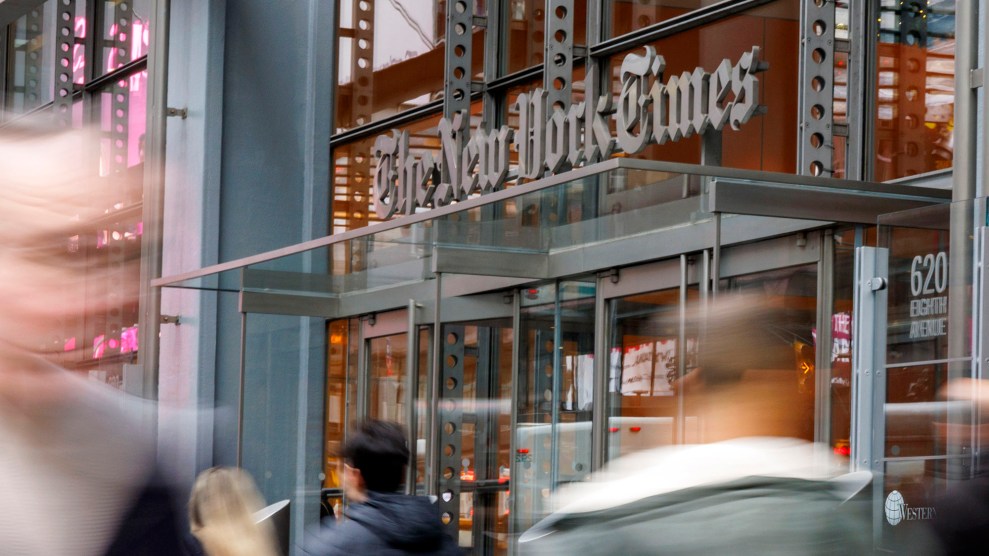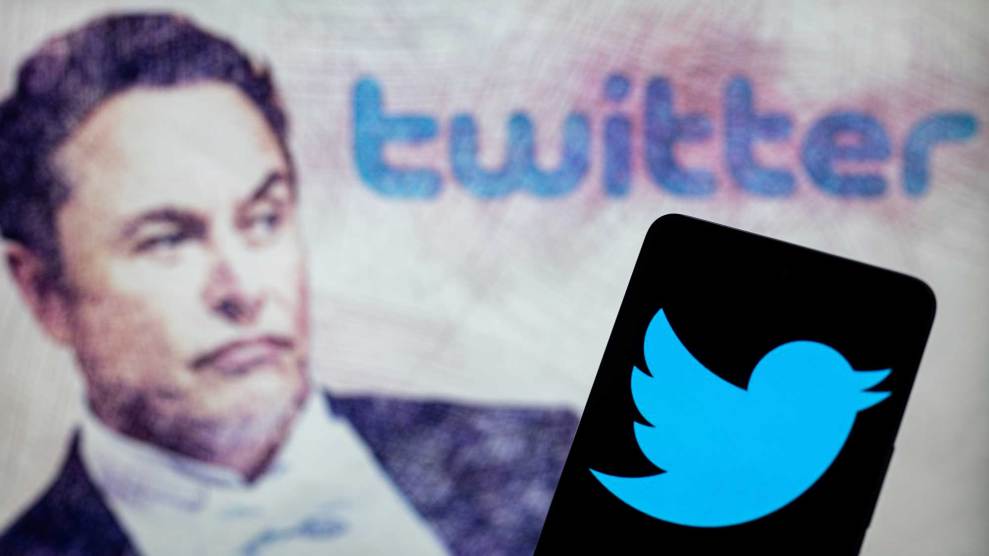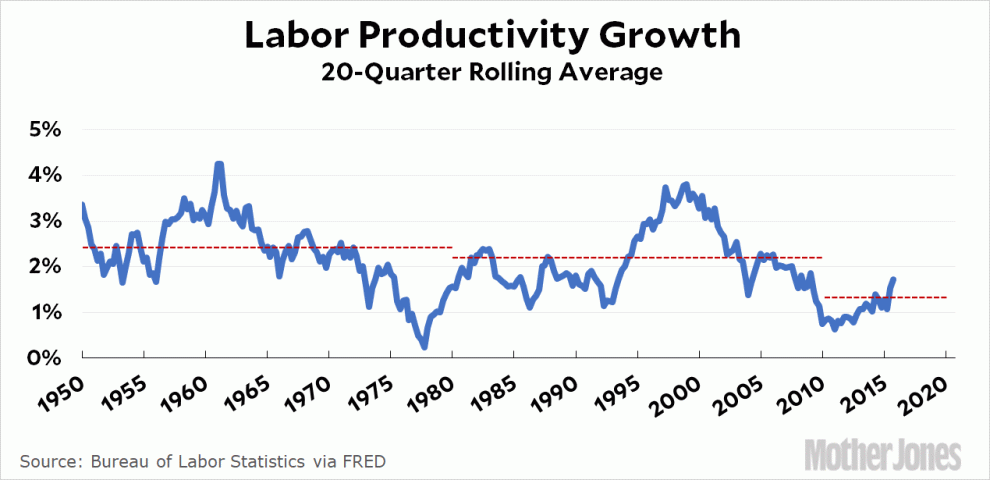
The New York Times building in New York. According to the US District Court for the Southern District of New York, The New York Times has sued OpenAI and Microsoft over alleged copyright infringement.Sarah Yenesel/EFE/Zuma
The New York Times is suing OpenAI and Microsoft for copyright infringement—a major development in the ongoing, nationwide legal struggle between content creators and artificial intelligence firms.
While previous lawsuits claiming intellectual property violations by AI companies have come from artists and writers, the Times is the first American news organization to sue the companies, alleging that OpenAI and Microsoft used millions of their articles to train digital chatbots that now compete with the publication. While the case does not specify the revenue the Times has lost to new robot rivals, the suit argues that the tech companies’ unauthorized use of the newspaper’s images and written work deprives it of income from “subscriptions, licensing, advertising, and affiliates.”
The complaint asks that the AI companies be held accountable for “billions of dollars in statutory and actual” damages, citing several examples where the program lifted excerpts from the paper’s stories verbatim. The Times is also calling for OpenAI and Microsoft to terminate any chatbot models that use its copyrighted material.
“Since our nation’s founding, strong copyright protection has empowered those who gather and report news to secure the fruits of their labor and investment,” the filing states. “Defendants have refused to recognize this protection.”
You can read the full legal complaint here.

















